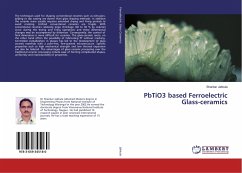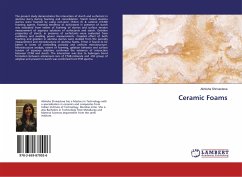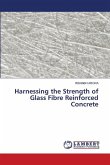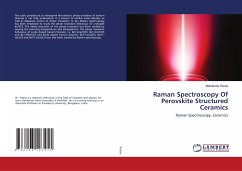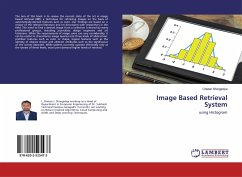The techniques used for shaping conventional ceramics such as extrusion, jollying or slip casting are slower than glass shaping methods. In addition the ceramic ware usually requires extended drying and firing periods to avoid cracking. Unfired conventional ceramics are fragile. With conventional ceramics relatively large shrinkage (40 to 50 % by volume) occur during the drying and firing operations and these dimensional changes may be accompanied by distortion. Consequently, the control of final dimensions is more difficult for ceramics. The glass-ceramic route, on the other hand offers the possibility of fabricating PT without cracking. Controlled crystallization in glasses has led to the development of glass ceramic materials with a pore-free, fine-grained microstructure. Specific properties such as high mechanical strength and low thermal expansion can also be tailored. The advantages of glass ceramic processing over the traditional ceramic processing include ease of forming complicated shapes, uniformity and reproducibility of properties.
Bitte wählen Sie Ihr Anliegen aus.
Rechnungen
Retourenschein anfordern
Bestellstatus
Storno

